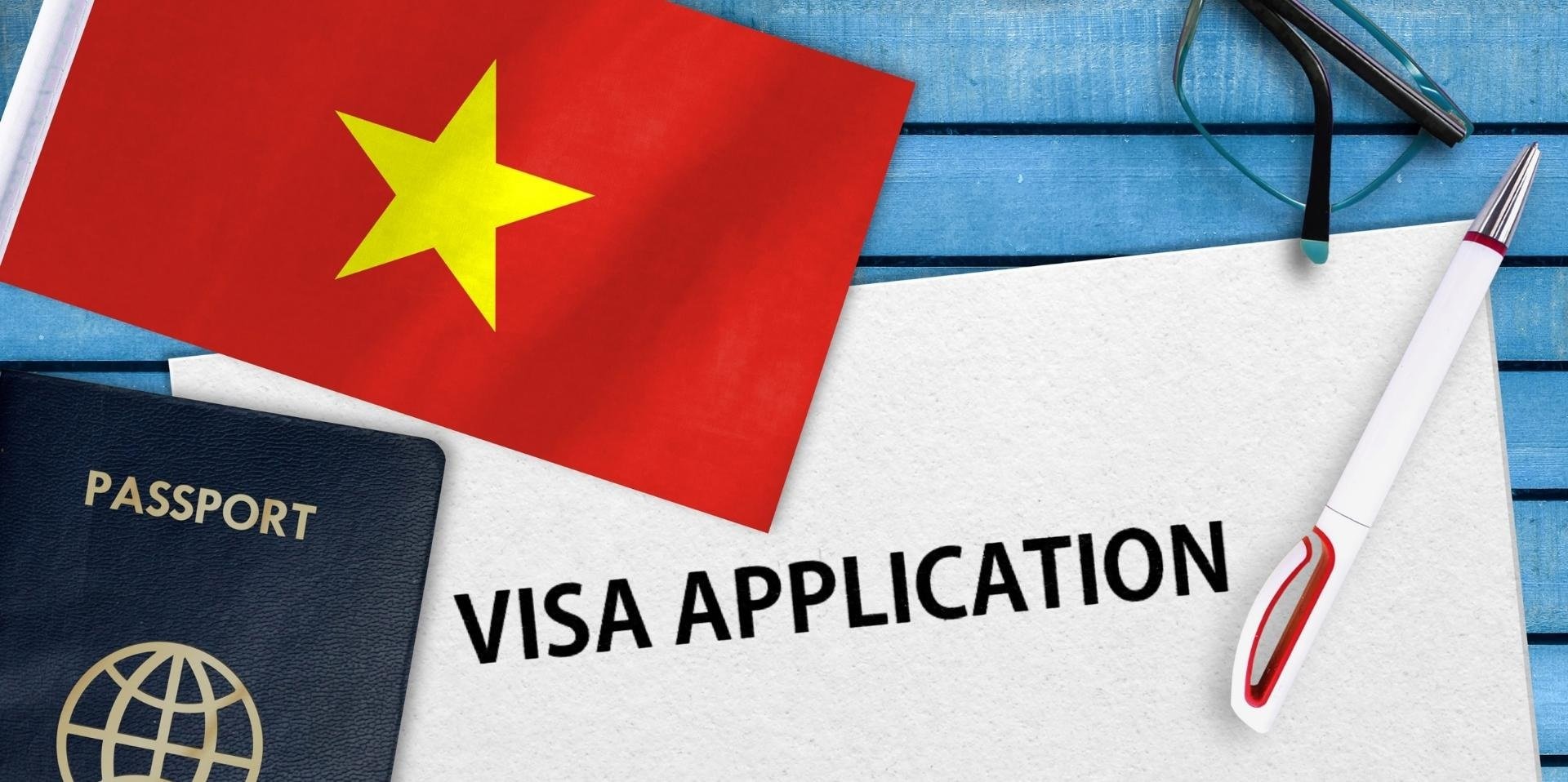Introduction:
The process of obtaining a business visa is a crucial step for individuals seeking to engage in business activities in Vietnam. This essay aims to provide comprehensive information on the essential aspects of Vietnam business visa and the crucial steps involved in obtaining one. From the types of visas available, eligibility criteria, required documents, to the application process and its implications, this essay will thoroughly discuss Vietnam business visas while assuming the intelligence and comprehension of a Graduate School student.
Types of Business Visa:
Vietnam offers various types of business visas, including the DN visa for those intending to establish a business, DT visa for foreign investors, and LV visa for employees of foreign businesses in Vietnam. Each visa type has its specific requirements and restrictions, and understanding these distinctions is vital.
Eligibility Criteria:
To be eligible for a Vietnam business visa, applicants must prove the purpose of their visit, hold a valid passport, have an invitation letter from a Vietnam-based organization, and demonstrate their intention to engage in business activities. Additionally, individuals must ensure they meet all other criteria imposed by Vietnamese authorities.
Required Documents:
The application process for a Vietnam business visa involves the submission of several essential documents. These typically include a completed application form, a valid passport with at least six months’ validity, a passport-sized photo, a copy of the invitation letter, and proof of financial means. Non-compliance with these document requirements may result in rejection.
Application Process:
Once all the necessary documents are prepared, the next step is to submit the application to the Vietnamese Embassy or Consulate in the applicant’s home country. Alternatively, the e-visa system can be used for certain nationalities. The application process typically involves filling out the application form, paying the required visa fees, and scheduling an appointment for submission, if required.
Visa Duration and Extension:
Vietnam business visas are generally valid for a predetermined period, usually ranging from one to six months, depending on the visa type and intended duration of stay. Those wishing to extend their visa must make a request to the Vietnamese immigration authorities before the visa expires. Extensions may be granted, subject to meeting specific conditions and paying the corresponding fees.
Implications and Regulations:
It is crucial to understand that holding a business visa does not grant permission to work as an employee in Vietnam. Engaging in unauthorized VIETNAM TOURIST VISA employment activities may result in penalties and legal consequences. Therefore, it is vital to comply with Vietnamese regulations and obtain appropriate work permits if necessary.
Benefits of a Business Visa:
A business visa opens doors to various opportunities in Vietnam’s growing economy. It allows individuals to network with local business professionals, attend conferences and trade fairs, negotiate contracts, and explore potential investment opportunities. The visa facilitates building professional relationships and broadening business prospects in a vibrant market.













